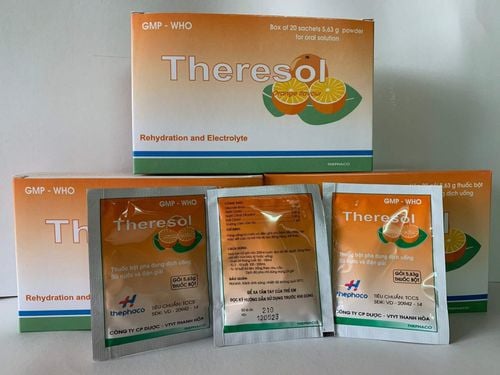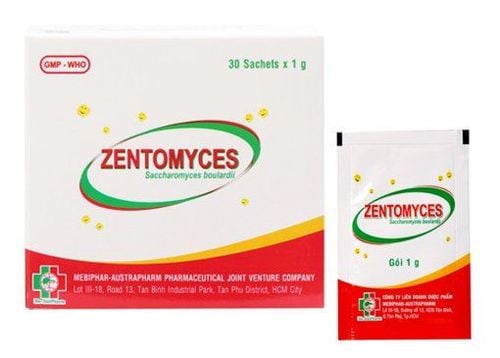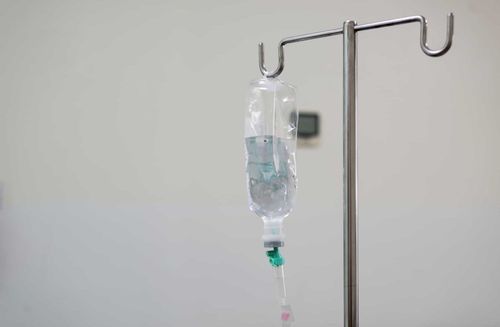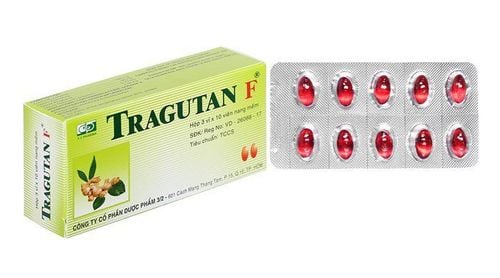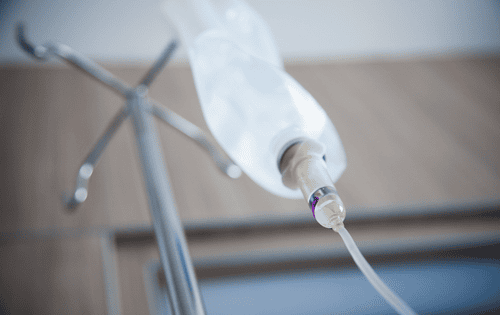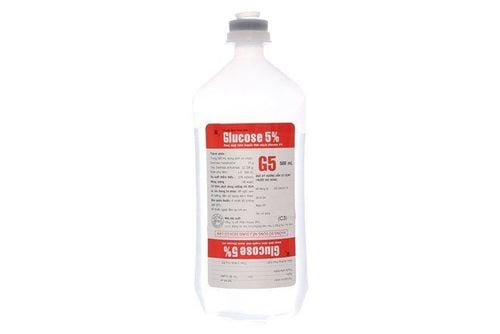This is an automatically translated article.
The article is professionally consulted by Master, Doctor Nguyen Thi My - Department of Medical Examination & Internal Medicine - Vinmec Danang International Hospital.The infusion solution is a sterile drug solution intended for intravenous infusion in large volumes. Manifestations of shock may occur during or after perfusion. The cause of shock is due to the presence of pyrogen in the infusion fluid, or because the infusion equipment is not sterile, the infusion rate is too fast.
1. Why do you have to do translation?
Infusion is the infusion of a solution containing large amounts of beneficial substances and drugs into the patient's veins. Infusion is a nursing technique commonly used in the treatment and care of patients.The care and treatment effectiveness of the infusion is high because the drug is quickly introduced into the body, but there are also complications and complications.
1.1 Indication for intravenous fluids to restore the body's lost circulating volume: in cases of dehydration diarrhea, severe burns, blood loss, bleeding... Putting drugs into the body: When you want to give The drug is absorbed evenly and maintains for hours or days a constant amount of drug in the blood. Nursing the patient: When the patient can't eat or drink, the patient is comatose, has damage to the esophagus and gastrointestinal tract. Other purposes: Detoxification, diuretic in case of poisoning patients. 1.2 Contraindications for intravenous fluids in patients with severe heart failure. Infusion can cause complications such as acute pulmonary edema. Patients with hypertension. Infusion can cause complications of acute heart failure, acute pulmonary edema, hypertension, anaphylaxis, .... If there are special indications: Need to maintain a constant amount of fluid in the blood, it must be infused very slowly. , small volume, close monitoring, preferably measure central venous pressure before, during and after monitoring.
2. Complications that may occur during infusion
In any case, when administering fluids to a patient, the risk of anaphylaxis (SPV) must be kept in mind. Shock may occur immediately or during/immediately after injection.Manifestations are sudden chills, fever, body temperature can rise to 39-40oC or higher, rapid pulse, sweating, cold limbs, low blood pressure, shortness of breath, breathing rate. rapid and shallow breathing, stridor, anxiety, jitteriness, fatigue, cyanosis of the whole body... If not handled promptly, the patient may die very quickly.
The cause of SPV is due to the presence of pyrogens in the infusion fluid, or because the infusion equipment is not sterile, the infusion rate is too fast. Sometimes because the patient is sensitive or allergic to drugs (allergy to antibiotics, similar ingredients in the infusion). Regardless of the cause, it is necessary to stop infusion immediately and use emergency medicine for anaphylaxis according to the regulations of the health sector. It is because of this dangerous event that it is necessary to warn everyone not to give fluids at home because without adequate monitoring, without drugs and emergency means to prevent shock, it will be life-threatening.
In addition, the abuse of intravenous fluids when not really necessary also leads to unpredictable dangers such as blood infection, systemic edema, peritoneal effusion, acute pulmonary edema, respiratory failure, heart failure (especially with people who already have cardiovascular disease).
When putting an unnecessary amount of fluid into the body, it leads to an excess, electrolyte disturbances that make the patient tired, hangover, abnormal heart rhythm changes. If the infusion lasts for a long time, the intestinal capillary will degenerate, causing poor absorption of food, causing a deficiency of trace elements.
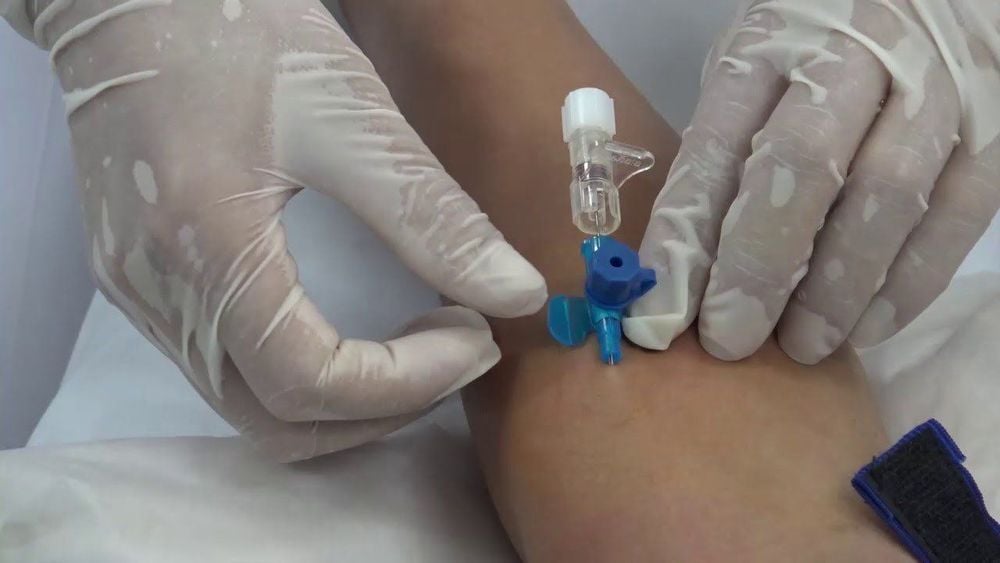
3. Care should be taken when administering fluids
Currently, there have been many complications caused by infusion, especially when infusion for the purpose of nourishing the body, beautifying the skin, rehydrating ... Many doctors can also prescribe the use of hydrolyzed proteins (acids). amino, lipofundin), vitamin supplements (vitaplex) to infuse patients, both costly and often unnecessary. It should be warned that although infusion is a very common medical procedure that can be performed at medical stations, it is not absolutely safe as many people mistakenly believe.On the contrary, it is very dangerous, even life-threatening. Not everyone can get fluids, and they're not always the first choice. The risk of transmission of diseases such as HIV/AIDS, hepatitis B and C is very high through infusion.
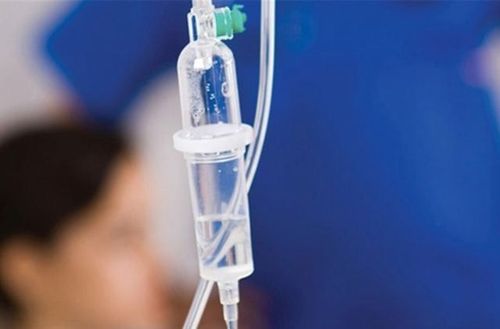
If the patient is dehydrated but still can't eat or drink, it is not recommended to receive fluids, it is best to supplement by eating soft foods, with water such as soup, porridge, milk, fruit juice, oresol, vitamin C. effervescence). The doctor prescribes the appropriate infusion dose and rate to avoid possible unfortunate complications, especially for young children and the elderly.
Although infusion is an important medical technique in the care and treatment of disease, it is important to be aware of possible complications when infusion. Moreover, patients should also perform at reputable medical facilities, so that conditions and doctors have experience, technical expertise.
Vinmec International General Hospital with a system of modern facilities, medical equipment and a team of experts and doctors with many years of experience in medical examination and treatment, patients can rest assured to visit. examination and treatment at the Hospital.
Please dial HOTLINE for more information or register for an appointment HERE. Download MyVinmec app to make appointments faster and to manage your bookings easily.





